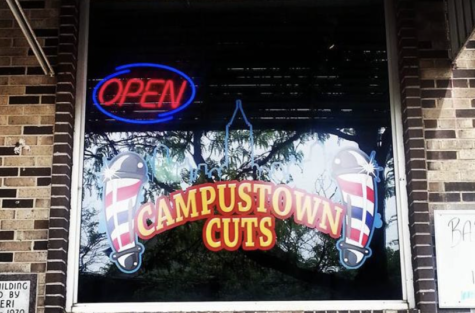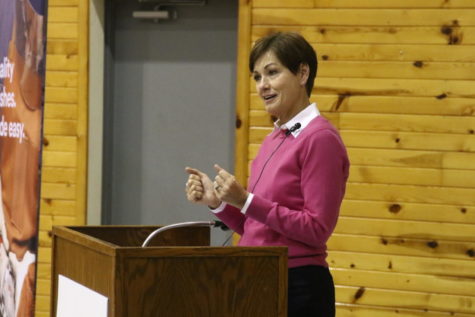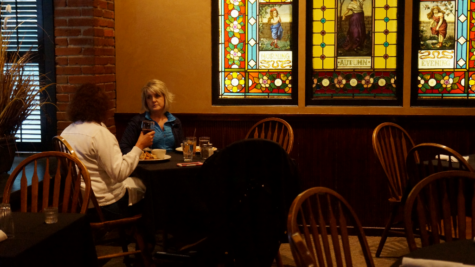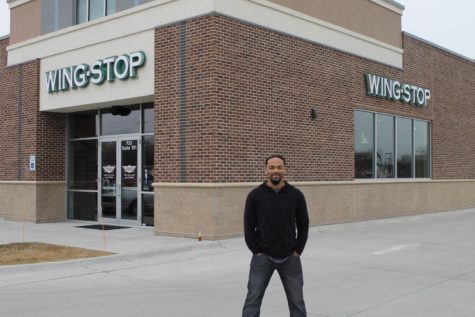Borders story reaches final chapter
July 20, 2011
The story of Borders, the No. 2 bookstore chain in the United States, has reached its final chapter and will soon end for good.
On Monday, Borders Group announced it will close the remaining 399 Borders bookstores. The company’s liquidation will leave its 10,700 workers without jobs. The company filed for bankruptcy earlier this year.
“We were all working hard towards a different outcome,” said Mike Edwards, President of Borders Group, “but the headwinds we have been facing for quite some time, including the rapidly changing book industry, eReader revolution, and turbulent economy, have brought us to where we are now.”
Susan Bedell, owner of the local bookstore Little Bookroom, said she was “not surprised” by Borders’ decision.
“Borders didn’t embrace the ebook trend the way Barnes & Noble and Amazon did,” Bedell said.
After the liquidation, however, Bedell said she predicts there will still be a market for chain bookstores, as well as local bookstores.
“There are certainly more venues for books now than there were 20 years ago, not even just online,” Bedell said. “Just walk into Target and look at their book selection.”
Ed Goedeken, collections coordinator at Parks Library, said he predicts libraries will also “continue to be an important agency.”
“We’re the ones that can subscribe to the journals you need to use. We’re going to buy the books,” Goedeken said. “We’re always going to play an important role in providing the information students need.”
Goedeken said Parks buys 50,000 books a year, and “several hundred” ebooks.
“What’s happened is the publishers have begun to shift from the print versions to electronic,” Goedeken said. “Electronic books had a profound impact. People are not buying print books. They’re not using book stores to buy books. If they do want one, they’ll go online and buy one on the Internet … it’s puzzling to me. A bookstore is a place to go, you get your chair and get your coffee, but it’s apparently not enough.”
While he said fewer people are using bookstores like Borders, Goedeken predicts there will always be some form of a bookstore open to the public.
“There will still be some kind of bookstore, although maybe fewer of them. Because a bookstore is a place for people to go to and have a different experience than at their home or work,” Goedeken said. “They’re still going to fill that role in our culture for years to come. But it’ll be different.”















